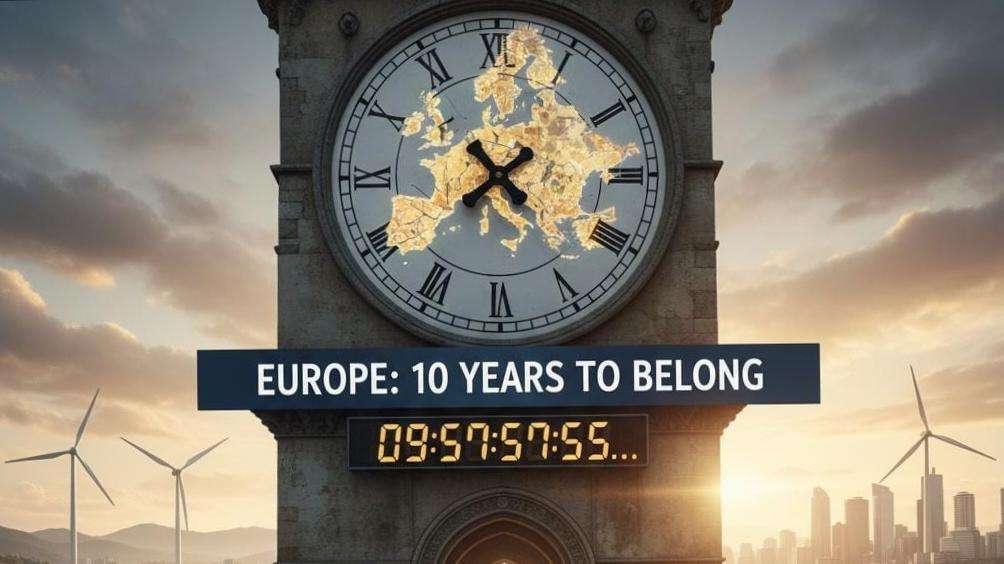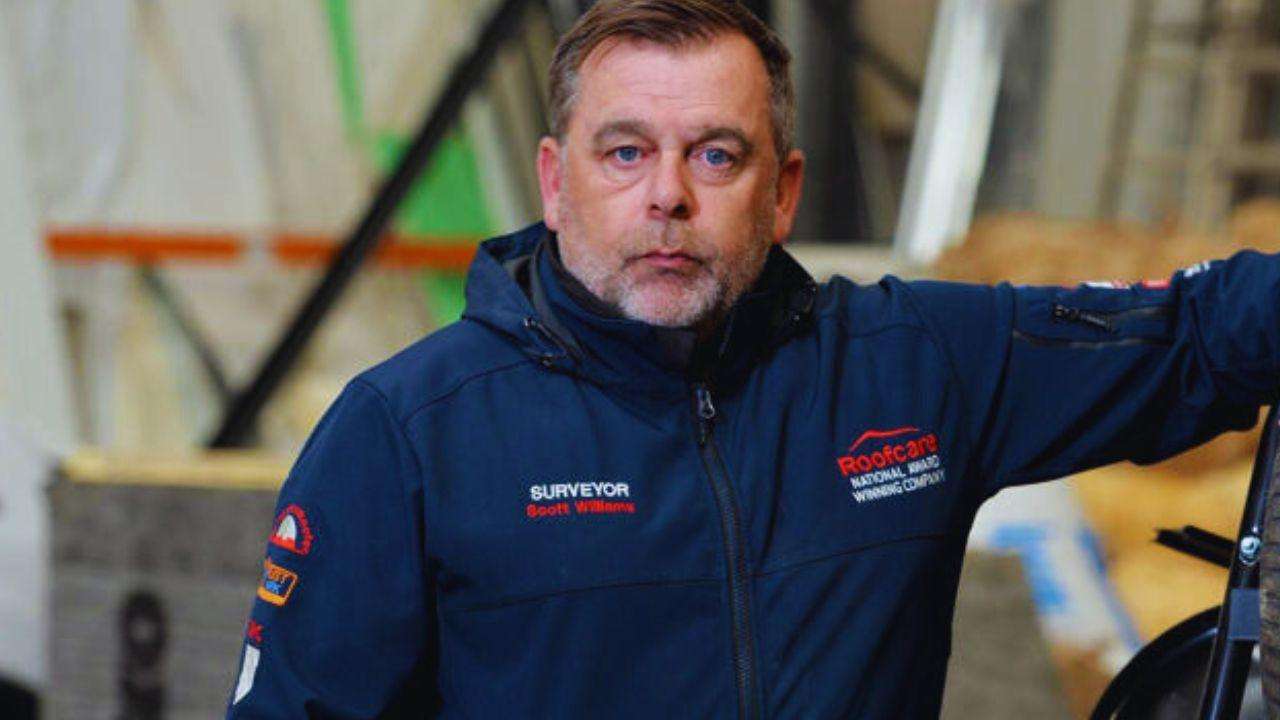Danny Fuller took a major risk when he launched his plumbing company in 2006. At 28, he had a stable, well-paying job, a mortgage, and two children with his wife, Lucie.
For the first six months, he handled every aspect of the business himself, working relentlessly.
“I was on call 24/7, working seven days a week,” he recalls. Any free moment not spent fixing drains was used to attract new clients. One day, he left a flyer at the Marriott hotel in Westminster. As he was walking back to his van, they called about a blocked drain. He changed quickly and was on-site within 20 minutes. That £60 flyer investment ultimately generated around £2 million in Marriott business over the years.
By 2012, the company’s revenue reached £700,000, but Fuller was exhausted and frustrated. “I was juggling too many responsibilities and working too many hours,” he says. Seeking guidance, he met with a business coach who advised him on a Wednesday to step away from manual work by Friday. Taking the advice, he did just that—and that’s when the business began accelerating.
Overcoming Financial Struggles
Despite the company’s growth, challenges persisted. “For the first decade, we only took a basic salary—there were no luxuries,” Fuller says.
The couple had to use their savings to buy office space, nearly leading them to financial ruin. “We almost went bankrupt,” he admits. “We even had to remortgage our home just to cover payroll.” However, they knew expansion was necessary. When they first moved in, the business had only ten employees; today, it has 120.
To create additional financial security, the Fullers also flipped properties while growing London Drainage.
“We’ve bought, demolished, and rebuilt six houses,” Fuller explains. At times, they lived in unfinished homes or even caravans, enduring difficult conditions to ensure they had a backup income in case the business failed. One flip earned them £247,000 in a year, though another resulted in a £22,000 loss.
“There were times when we had no money for food and had to borrow from my parents,” he says. “We constantly lived in our overdraft, always £3,500 in debt. Every spare £10,000 went back into the business—whether for new vans, staff, or advertising.”
Seeking Investment Instead of Selling
By 2023, after 16 years of running the company, Lucie had reached her limit.
“We had a rough week, and she was completely drained,” Fuller recalls.
Instead of selling outright, they sought private equity investment.
After receiving four offers, they partnered with YFM Equity Partners. The due diligence process was intense.
“We’d work all day at the office, then spend hours on paperwork from 6 PM to midnight for months,” he says.
YFM invested an undisclosed sum in late 2023. The Fullers retained a significant equity stake and reinvested part of the proceeds back into the company. Reports suggest they secured over £4 million from the deal.
While the money brought financial stability, Fuller isn’t looking to retire.
“I’m not wired that way,” he says. “Now, the challenge is to grow this company to £25 million.”
Private Equity’s Growing Interest in Trades
The trend of skilled tradespeople securing lucrative private equity deals is gaining traction. Inspired by Charlie Mullins of Pimlico Plumbers, more trade businesses are being recognized for their value.
Since 2018, there have been at least 135 private equity deals involving skilled trade firms in the UK, according to Pitchbook data provided to The Telegraph.
Jamie Roberts of YFM Equity Partners believes the actual number is even higher. YFM alone has completed eight deals in the sector since 2021.
“The first wave of investment focused on fire safety businesses due to regulatory changes after Grenfell,” Roberts explains. “The second wave targets essential services—like drainage.”
The private equity surge in trades gained momentum in 2021 after the sale of Pimlico Plumbers.
“Mullins changed the game,” Roberts says. “He proved that these businesses had real value. He showed how branding, reputation, and modern technology could drive significant growth. Before Pimlico Plumbers, private equity wasn’t particularly interested in this industry.”
Scott Williams: A Similar Success Story
Scott Williams, 48, had a similar journey. In the late 1990s, he was working in Australia when his father asked him to return home and take over the struggling family business, Wirral Roofcare.
“My father founded the company in 1982, but he fell ill with heart failure,” Williams says. “When I took over, there were only two employees—and a pile of debt. I had to rebuild it from the ground up.”
Through his 20s and 30s, Williams worked 120-hour weeks, handling jobs during the day and earning his NVQs in slate tiling and flat roofing at night.
“I’m a workaholic, and I love what I do,” he says. “For years, I earned less than minimum wage, sacrificing two decades in the hope of retiring in my 40s.”
In October 2024, his company—now known as Roofcare—was acquired by Foresight Group. At the time of the deal, the business had 80 employees, a £7 million turnover, and over £2 million in profit, servicing 400,000 properties.
Williams sold 56% of the company, allocated a portion to employees, and kept a 30% stake.
Currently on an earn-out, he plans to step back from daily operations by summer. The total value of the buyout is expected to reach around £20 million.
The Impact of Changing Tax Policies
Deals like these could become less profitable due to tax changes introduced by Chancellor Rachel Reeves.
Both London Drainage and Roofcare benefited from Business Asset Disposal Relief (BADR), previously known as Entrepreneurs’ Relief, which allowed the first £1 million of a sale to be taxed at just 10%. From 2026, that rate will increase to 18%, aligning with standard capital gains tax.
“We were lucky to cash out before the changes,” Fuller says. “I don’t mind paying taxes—they fund important services—but I worry about how these policies will affect entrepreneurship. Why would someone sacrifice years of their life building a company only to lose half of it to taxes?”
Williams, frustrated by UK tax rates, plans to relocate this year.
“I’m done,” he says. “If I stay, I’ll pay £100,000 annually in taxes. When I sell the rest of my shares, I’ll be taxed at full rates in the UK, and then my estate will be taxed at 40% when I die. Moving abroad could save me hundreds of thousands.”
He’s deciding between the UAE and Portugal as his next home.
Recognizing Their Business Success
Both Fuller and Williams recall the moment they realized their companies had become highly valuable.
“For me, it was about a decade in, when London Drainage exceeded my expectations,” Fuller says.
Williams’ realization came while considering exit strategies.
“If you’re not passing the business down to family, you need a way to cash out after years of effort,” he says. “That’s why private equity deals are booming. I know four tradespeople who sold their businesses in the last five years—three to private equity.”








.svg)


